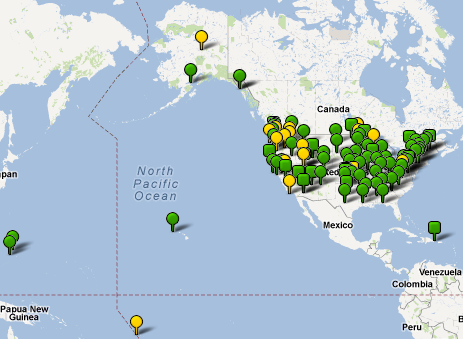Home › Data Exchanges › Health
Health
The following data exchanges are used by Network Partners to share public health-related data.
Institutional Controls – IC
Institutional controls (IC) are non-engineered instruments, such as administrative and legal controls, that help minimize the potential for human exposure to contamination and protect the integrity of a remedial action. ICs can reduce exposure to contamination by limiting land or resource use and guide human behavior at a site. ICs are primarily used when residual contamination remains onsite … View Data Exchange »

